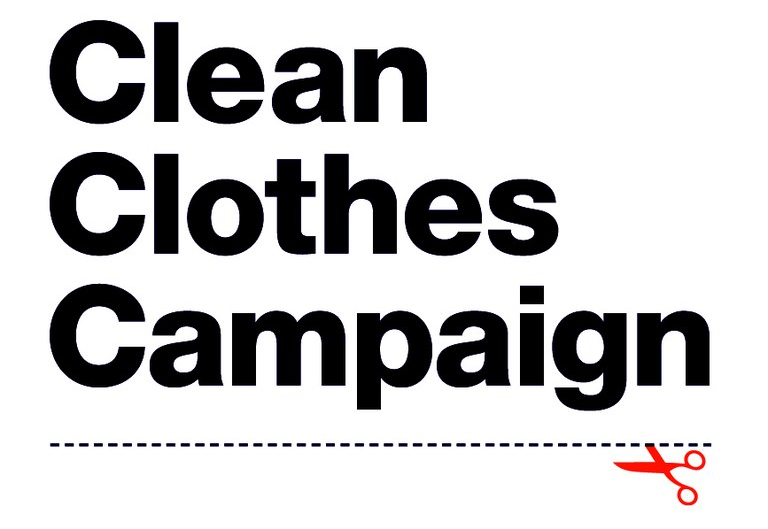Search results
7 results
Sort by:
European Coalition
European parliament committee can bring real change to European garment workers' wages
Almost one million garment workers in seven of the European Union's low wage member states would profit directly from a strong and effective EU minimum wage directive. An additional 1.5 million garment workers in eight other European countries would indirectly benefit from this directive. Already now, the discussion on the directive is encouraging national debates in these countries on adequate minimum wages which would enable a decent living of workers.
The Europe Floor Wage benchmark estimates a living wage for garment workers in Central, East and Southeast Europe
Clean Clothes Campaign is taking another step in the continuous struggle to improve the working conditions and empower workers in the global garment and sportswear industries by introducing the Europe Floor Wage: a cross-border base living wage benchmark for Central, East and Southeast Europe.
Another wage is possible: A cross-border base living wage in Europe.
We put forward a cross-border living wage proposal for European production countries and explain why national governments keep legal wages below the poverty line. We detail how we calculate a living wage and the human rights violations the garment industry is founded on. Brands and retailers have built their wealth by under paying their suppliers for decades. Read more about how they can end exploitation in their supply chains.
A LIVING WAGE IS A HUMAN RIGHT - A proposal for Italy, for the fashion industry and beyond
In this report we specifically address the issue of wages as the first, but not the only, urgent issue we need to act on in order to tackle the problem of in-work poverty and inequality in Italy, starting from the fashion supply chains. The concept of wage we are referring to is the floor living wage adopted by the Clean Clothes Campaign, which can be defined as the value of the net basic wage able to guarantee the worker and his/her family the satisfaction of basic needs and decent living conditions. The net basic pay is calculated without overtime bonuses, before incentives and allowances, and after taxes, taking into account only monetary disbursements.
Living Wage is Possible: Struggle for living wages in Croatia (2022)
The increased interest in the subject of living wage in Croatia came in mid-2021, a new method of calculating a living wage for Croatia was presented at the round table “Europe Floor Wage – a living wage is a human right”. The round table also marked the official start of the campaign for a living wage in Croatia. The Coalition for a Living Wage was launched, bringing together several civil society organisations - Pariter, the Centre for Peace Studies, the House of Human Rights, the Base for Workers’ Initiative and Democratization (BRID), Fashion Revolution Croatia, the Centre for Education Counselling and Research (CESI), then the Regional Industrial Union and the Independent Workers' Union of Croatia.
Living Wage - An animation
Our film “Living Wage” explores injustice in global supply chains and emphasizes the need for fair wages.
